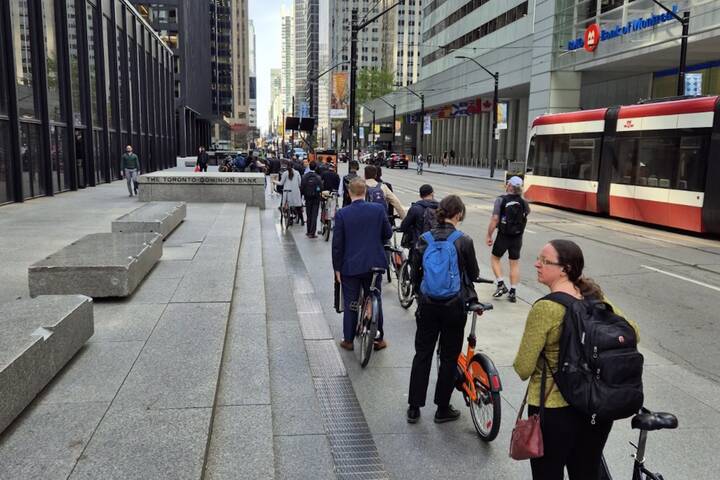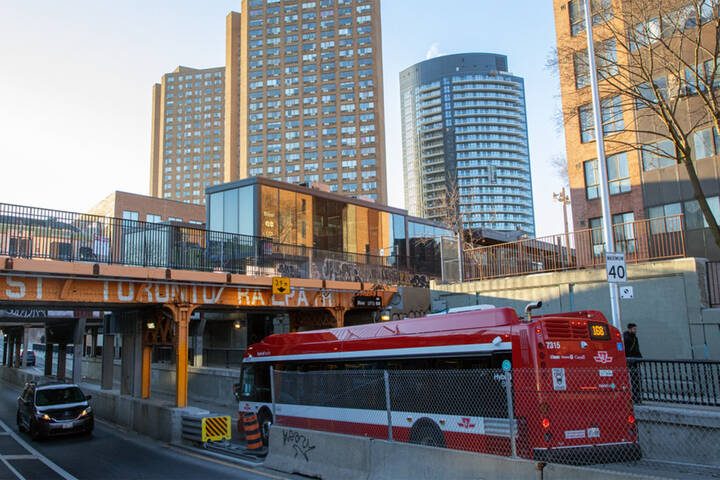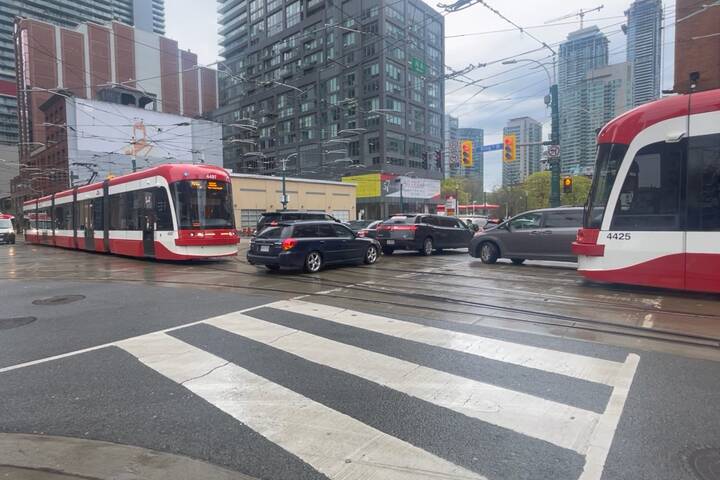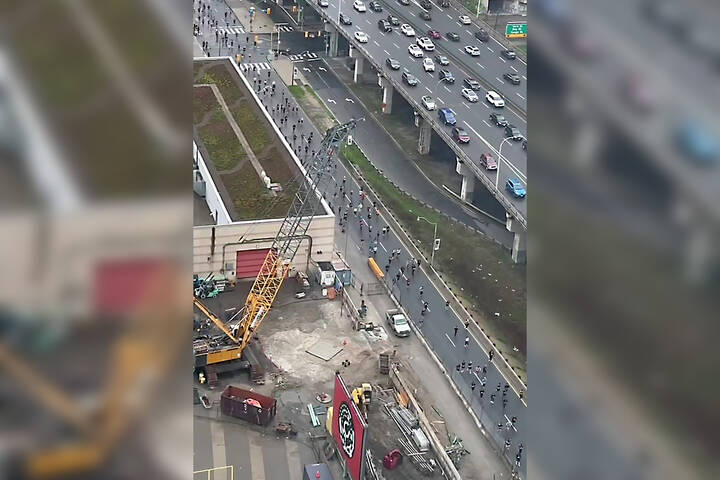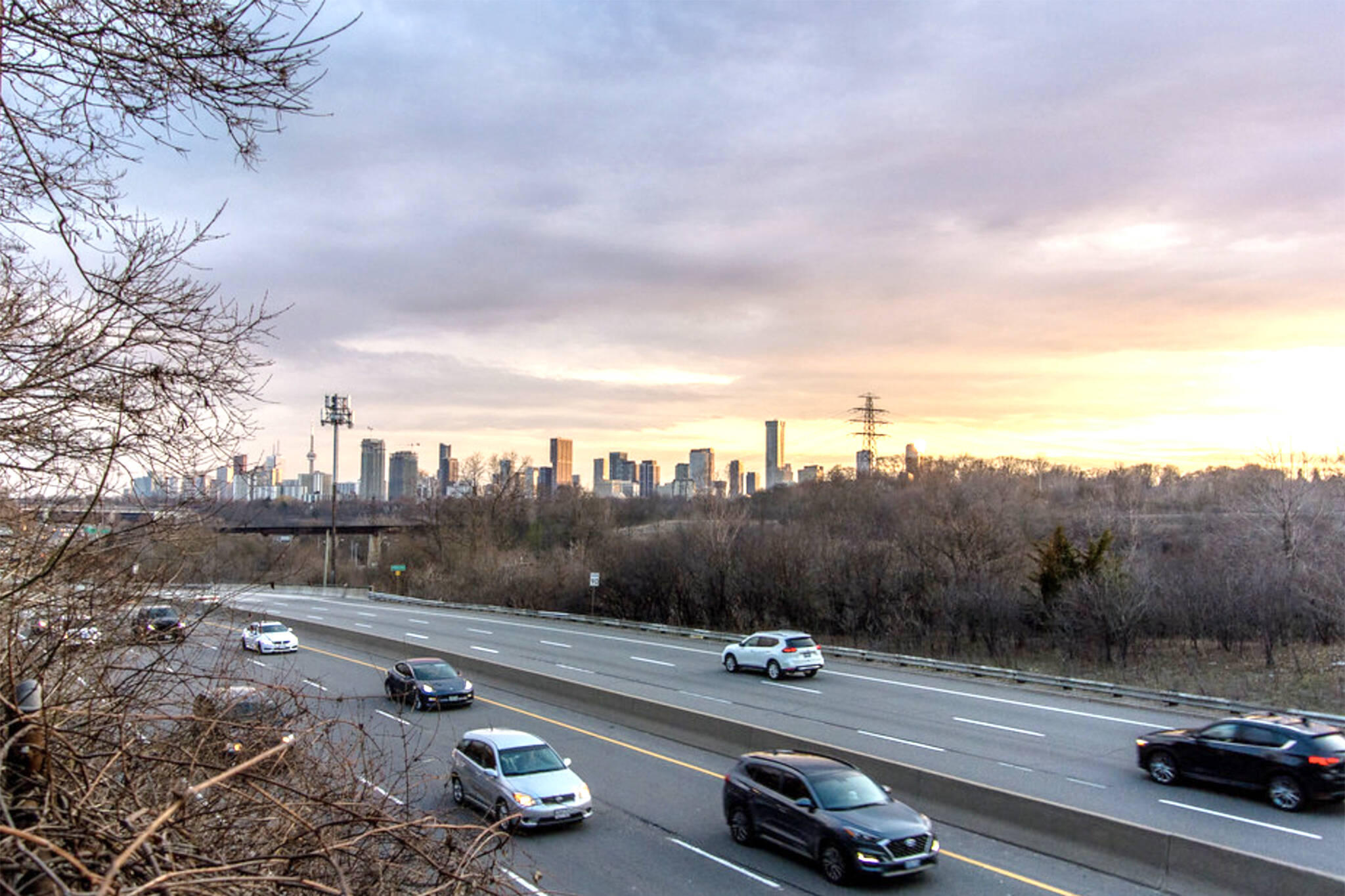
Doug Ford to announce month-long stay-at-home order for all of Ontario
Residents of Ontario have been holding our breaths as we await additional lockdown restrictions — including, potentially, a stay-at-home order for some or all regions — that are rumoured to be coming just days after the province was thrown into an emergency shutdown.
Wednesday afternoon is when Premier Doug Ford is due to reveal the specifics of these new measures, which some speculate might be as serious as a curfew and a ban on inter-regional travel.
Though these details are unconfirmed as of this morning, at least one major move does seem to be coming, according to early reports: a provincewide stay-at-home order for 28 days, starting 12:01 a.m. Thursday.
#BREAKING - The Ford government will announce an Ontario wide stay-at-home order, nonessential retail will be restricted to curb-side pickup only, and big box stores will be restricted to essential aisles only, sources tell 680NEWS.
— Richard Southern (@richard680news) April 7, 2021
It is something that the medical officers of health of Toronto, Peel and Ottawa have been calling for in at least their own hotspot regions amid rising daily COVID-19 case counts, which hit 3,065 among Ontario's population of 14.5 million residents on April 5.
The official order will mean that all citizens are ordered to stay at home as much as possible and at all costs, and only leave for "essential" purposes such as getting groceries and medication, attending medical appointments, work if they are unable to work from home, and outdoor exercise.
The public is also advised against all non-essential travel and region-hopping, both within Ontario and beyond, as well as close interactions with anyone they do not live with.
This will be made easier with the closure of "non-essential" retail stores for all but curbside pickup and delivery, says 680 News this morning.
Sources also told the outlet that aisles of "non-essential" goods will be cordoned off and rendred inaccessible in big box stores that will remain open.
In Toronto and Peel, these stores were just permitted to reopen their doors to the public with reduced capacity limits on March 8 after being shuttered for more than 100 days.
Somewhere between malls and schools open, and stay at home order is acceptable. The mental anguish is becoming too much to bear for some. @epdevilla @fordnation Fresh air has been prescribed by Drs, not lock up. Brutal mismanagement on every level
— Suzanne (@Suzanne22949735) April 5, 2021
Canadian politicians have, for the most part, relinquished their control of public policy decisions to unelected health officials for the majority of the health crisis, confident in their expertise and afraid of being responsible for decisions that result in more deaths.
While the virus remains the priority, it's not the only thing hurting the population: overdoses have been up amid the pandemic, as are cases of domestic violence, eating disorders, suicidal ideation and attempts, and other mental health issues paired with the loss of people's jobs and livelihoods.
The settings that are most responsible for virus transmission are also not the ones being targeted by widespread ongoing closures that are crippling small businesses, while the province's vaccine rollout remains far slower than other parts of the world that are opening up.
Latest Videos
Latest Videos
Join the conversation Load comments
